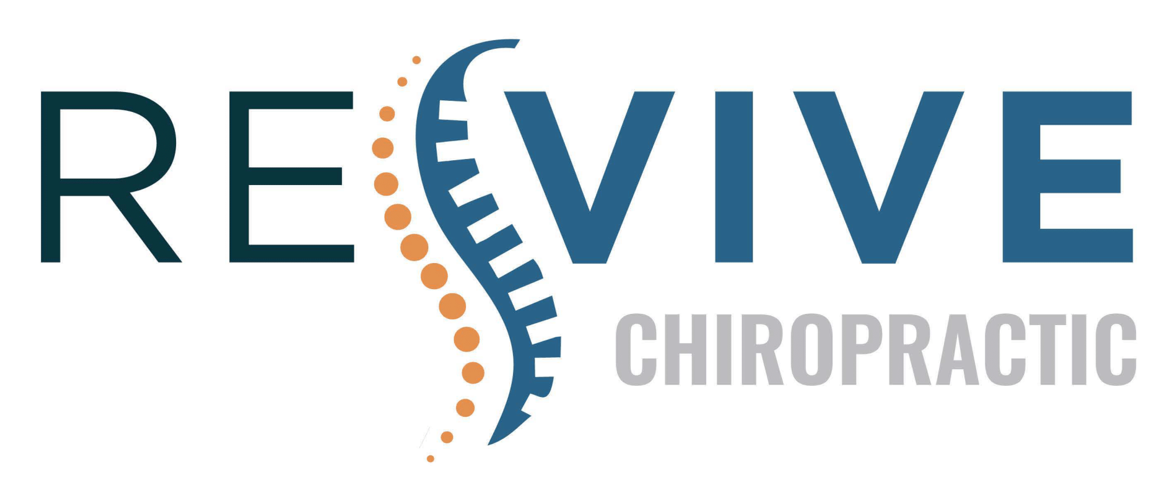When it comes to maximizing your athletic recovery, understanding the right techniques can make all the difference in your performance. You might think hydration and nutrition are the only factors, but there's much more to it. By implementing expert strategies such as targeted nutrition and innovative therapies, you can greatly enhance your recovery process. What if the key to your next breakthrough isn't just in training harder, but in recovering smarter? The journey to ideal recovery involves several layers, and exploring them could transform your approach to athletics.
Importance of Recovery
Recovery is the backbone of athletic performance. Without adequate recovery, you risk injury, burnout, and diminished performance. It's vital to understand that recovery isn't just a passive process; it's an active component of your training regimen. When you push your body to its limits, you create micro-tears in your muscles, deplete energy stores, and elevate stress hormones. If you don't allow time for your body to heal and adapt, you won't see the gains you're working hard for.
Prioritizing recovery helps you maintain your physical and mental health. Think about how you feel after a hard workout. If you're constantly sore, fatigued, or unmotivated, it's likely a sign you need to focus more on recovery. Engaging in recovery techniques like stretching, foam rolling, and gentle movement can alleviate soreness and improve your range of motion. These methods promote blood flow, which aids in delivering nutrients to your muscles, speeding up the healing process.
Moreover, mental recovery is just as important. High-stress levels can lead to decreased motivation and focus. Incorporating mindfulness practices or simply taking time off can help you recharge mentally.
Nutrition for Optimal Recovery
To maximize your recovery, paying attention to your nutrition is crucial. Post-exercise, your body needs the right nutrients to repair muscles, replenish glycogen stores, and reduce inflammation. Focus on consuming a balanced meal or snack within 30 minutes after your workout to kickstart the recovery process.
Start with carbohydrates. They're essential for restoring glycogen levels. Aim for complex carbs like whole grains, fruits, or sweet potatoes. Pair these with protein, which helps repair and build muscle tissues. Good sources include lean meats, fish, eggs, or plant-based options like beans or tofu. A 3:1 or 4:1 ratio of carbs to protein is often recommended for maximum recovery.
Don't forget healthy fats! Incorporating sources like avocados, nuts, or olive oil can help reduce inflammation and support overall health.
Also, consider antioxidants—found in berries, leafy greens, and nuts—which can combat oxidative stress caused by intense workouts.
Timing is key, but so is variety. Make sure your meals consist of various nutrients to provide your body with everything it needs. You might also want to include a quality recovery shake if you're in a hurry, but whole foods are always preferable whenever possible.
Finally, listen to your body. If you feel fatigued or sore, you might need to adjust your intake. Prioritizing nutrition won't only accelerate your recovery but also enhance your overall performance in future workouts.
Hydration Strategies
Hydration plays an essential role in your athletic performance and recovery. When you're properly hydrated, you can maintain your energy levels, reduce fatigue, and enhance your overall recovery.
Here are some effective hydration strategies to keep in mind:
- Know Your Needs: Understand how much fluid you need based on your body weight, activity level, and environmental conditions. A general rule of thumb is to drink at least half your body weight in ounces daily. If you're sweating a lot, increase that amount.
- Pre-Hydrate: Before any intense workout or competition, make sure you hydrate adequately. Aim to drink 16-20 ounces of water or a sports drink about two hours prior to your activity. This helps guarantee your body's fluid levels are ideal.
- Hydrate During Activity: Sip on water or an electrolyte-rich beverage during your workout, especially if it lasts longer than an hour. Aim for 7-10 ounces every 10-20 minutes to keep your hydration levels up.
- Rehydrate Post-Exercise: After your workout, replenish the fluids you lost. A good guideline is to drink 16-24 ounces for every pound lost during exercise. Consider using a recovery drink that contains electrolytes to help restore balance.
Staying hydrated isn't just about drinking water; it's about timing and knowing your body's needs. Implement these strategies to guarantee you recover effectively and perform at your best!
Innovative Recovery Techniques
Athletes are constantly seeking new ways to enhance their performance and speed up healing, and innovative recovery techniques are leading the charge. One of the most promising methods gaining traction is cryotherapy. By exposing your body to extremely cold temperatures for short periods, you can reduce inflammation and accelerate muscle recovery.
Many athletes swear by ice baths, but cryotherapy offers a more efficient and less uncomfortable alternative.
Another technique making waves is active recovery, which involves low-intensity exercise following a strenuous workout. Engaging in light activities like walking or cycling helps maintain blood flow to your muscles, flushing out lactic acid and promoting faster healing.
You'll find that incorporating these sessions into your routine can greatly improve your recovery time.
Additionally, you might want to explore the benefits of compression therapy. Wearing compression garments can enhance circulation and reduce muscle soreness post-exercise.
Many athletes have reported feeling less fatigued and experiencing quicker recovery times after using these garments.
Finally, consider integrating the use of advanced technology, like electrical stimulation devices. These tools can help stimulate your muscles and promote recovery by enhancing blood flow and reducing muscle fatigue.
As you experiment with these innovative techniques, pay attention to what works best for your body.
Mindfulness and Mental Recovery
While physical recovery techniques are essential, mental recovery plays an equally important role in an athlete's overall performance. Engaging in mindfulness can help you clear your mind, reduce stress, and improve focus. When you prioritize mental recovery, you set yourself up for greater success both on and off the field.
Here are four effective mindfulness techniques to enhance your mental recovery:
- Meditation: Spend a few minutes each day in silent meditation. Focus on your breath and let go of distractions. This practice can help calm your mind and create a sense of inner peace.
- Visualization: Picture yourself succeeding in your sport. Imagine the details: the sounds, the sensations, and the emotions. This technique not only boosts confidence but also prepares your mind for actual performance.
- Breath Control: Practice deep breathing exercises to regulate your heart rate and relieve anxiety. Inhale deeply through your nose, hold for a few seconds, and exhale slowly through your mouth. This simple practice can instantly ground you.
- Gratitude Journaling: Write down things you're grateful for after training sessions or competitions. This helps shift your focus from stress and disappointment to positivity and motivation.
Incorporating these mindfulness techniques into your routine can greatly enhance your mental recovery.
Conclusion
To maximize your athletic recovery, prioritize a balanced approach that combines nutrition, hydration, innovative techniques, and mental resilience. Focus on that 3:1 or 4:1 carb-to-protein ratio for muscle repair, stay hydrated before and after workouts, and explore methods like cryotherapy and compression therapy. Don't forget the power of mindfulness practices—they can enhance your mental toughness. By integrating these expert techniques, you'll not only recover faster but also elevate your performance for your next challenge.



